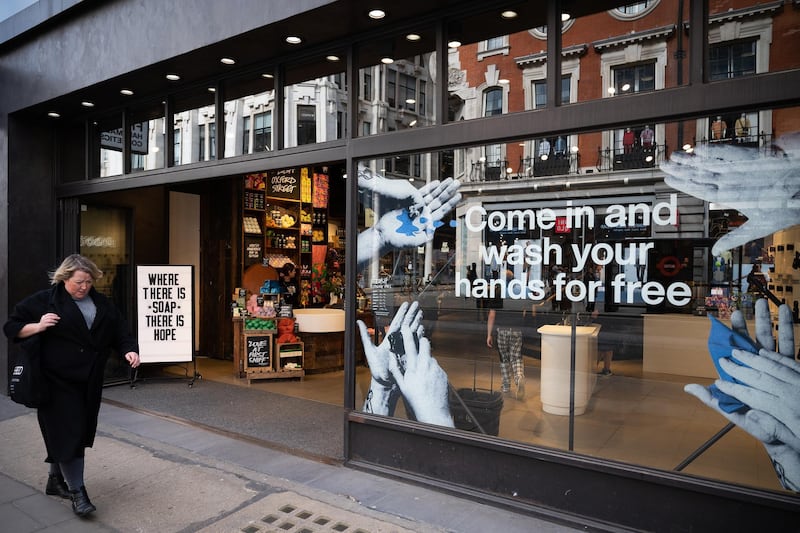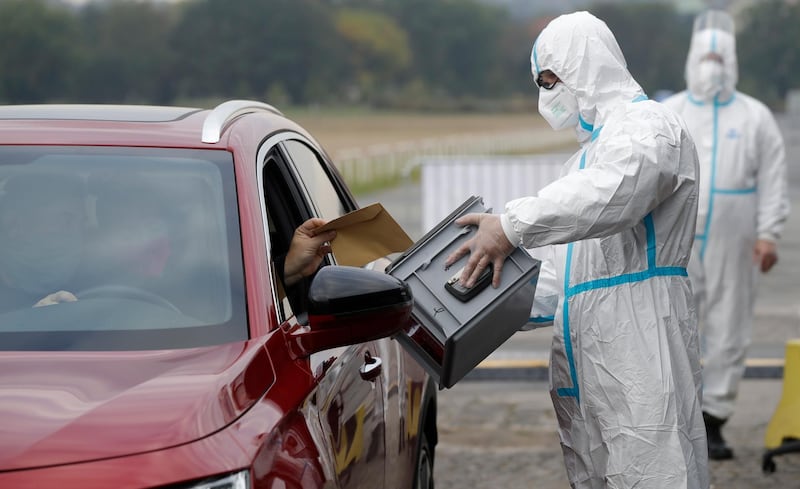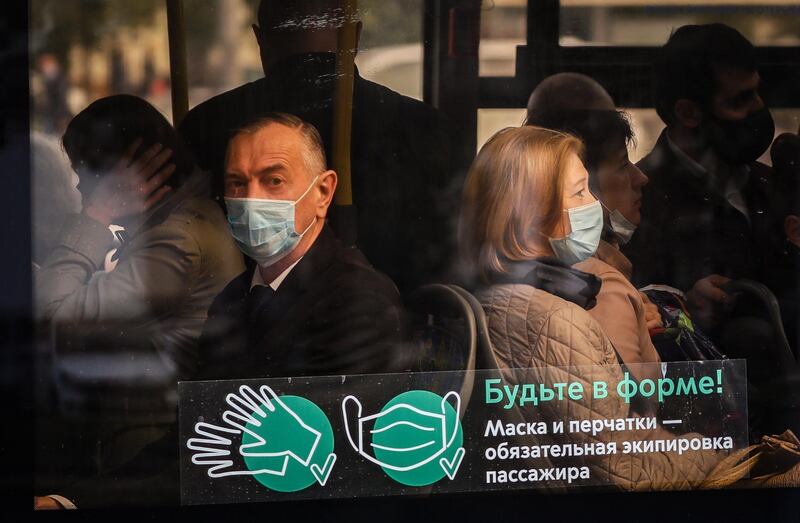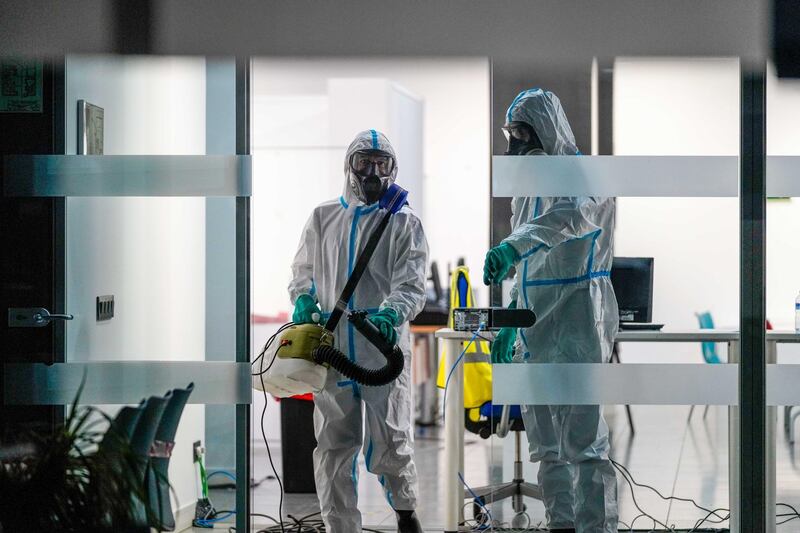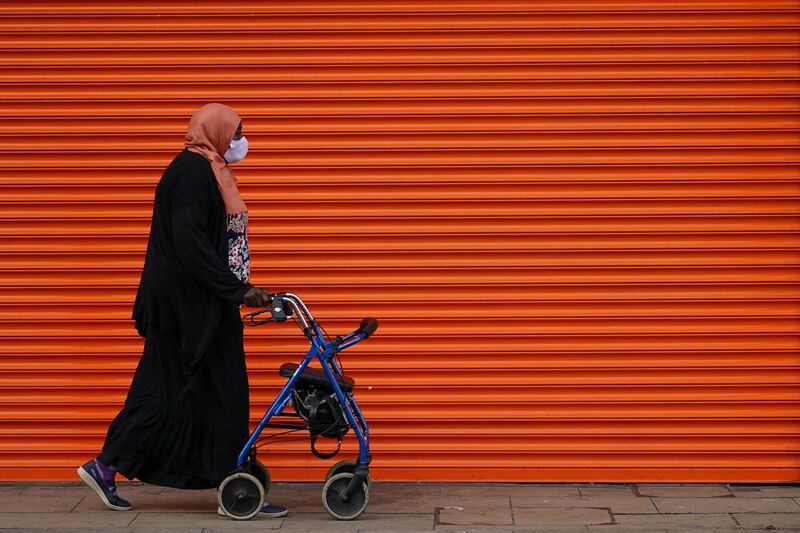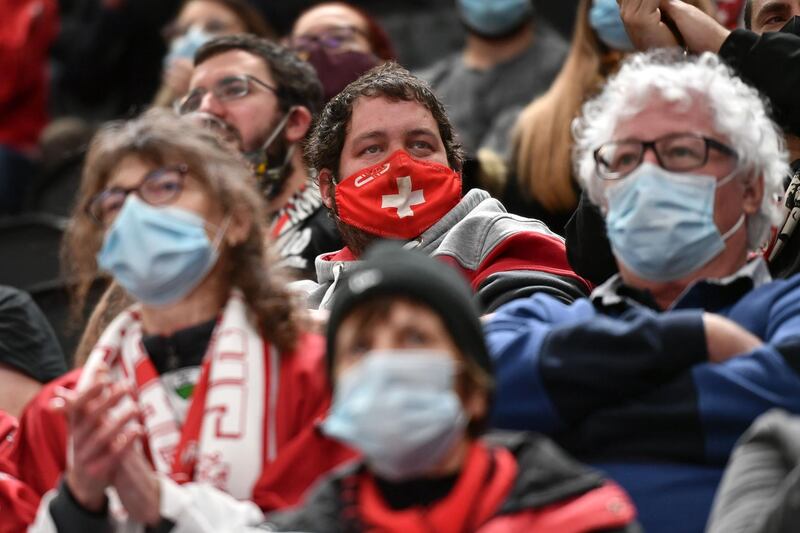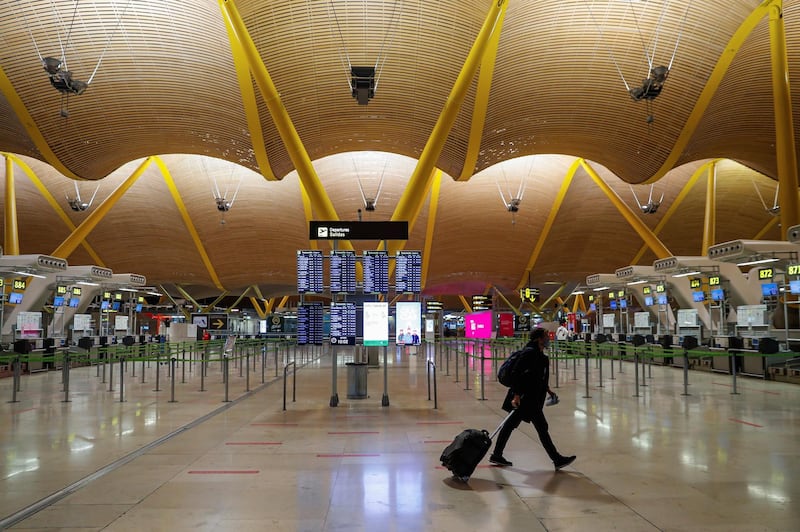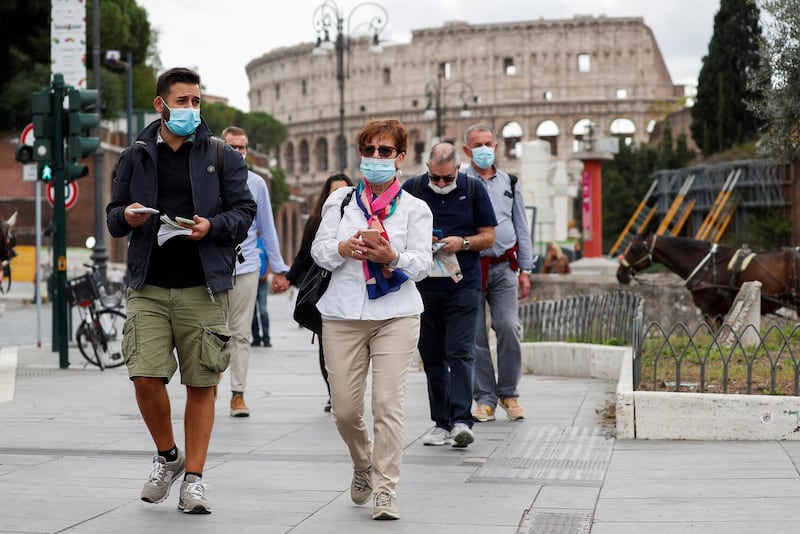The UK should have focused on mask-wearing instead of hand-washing at the start of the pandemic, scientists believe.
Government guidance in March suggested keeping good hand hygiene was one of the best ways to protect people from coronavirus as the disease rolled through Europe.
Advertising campaigns in the UK stressed the importance of hand-washing for 20 seconds or longer and keeping them away from the face where the infection could enter the respiratory tract.
However, scientists have since downplayed the risks of “fomites” - contaminated surfaces such as door knobs or elevator buttons.
University of Leicester respiratory expert Dr Julian Tang said there was undue emphasis on the risk of picking up the virus from surfaces, adding that the main risk came from respiratory transmission.
He told the Guardian: "What we've always said is that the virus transmits by all routes. There might be some transmission by hand and fomites and we're not opposed to hand-washing, but the emphasis is wrong.
“A lot of money has been spent, and time has been spent, deep-cleaning surfaces, when the main risk is probably people talking to each other.
“If we had put that investment into masks earlier on, if we had put all the effort on hand-washing and deep-cleaning into universal mask-wearing early on, we’d almost certainly not have such a massive epidemic in Europe and North America.”
Other scientists appeared to agree with Dr Tang’s assessment.
Monica Gandhi, a professor of medicine at the University of California, told US science magazine Nautilus the virus didn't exponentially spread through surfaces.
She said: “We now know the root of the spread is not from touching surfaces and touching your eye.
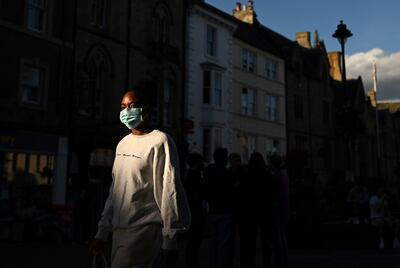
“It’s from being close to someone spewing virus from their nose and mouth, without in most cases knowing they are doing so.”
Emanuel Goldman, a professor of microbiology at Rutgers University in New Jersey, also downplayed studies that suggested the virus could live on surfaces for days.
He wrote in The Lancet: "The chance of transmission through inanimate surfaces is very small, and only in instances where an infected person coughs or sneezes on the surface, and someone else touches that surface soon after the cough or sneeze."
UK health secretary Matt Hancock said on March 4: “Washing hands regularly is the single most important thing that an individual can do.”
Government guidance changed on June 15 to make mask-wearing compulsory on public transport in England.
The advice was expanded on June 24 to make face masks compulsory in shops and supermarkets.
On September 24, it became compulsory for customers to wear face masks in pubs, restaurants, cafés and bars whenever they are not sitting at their table.
The government still advises people to wash their hands as part of a range of defences against the disease, as well as social distancing and mask-wearing.
